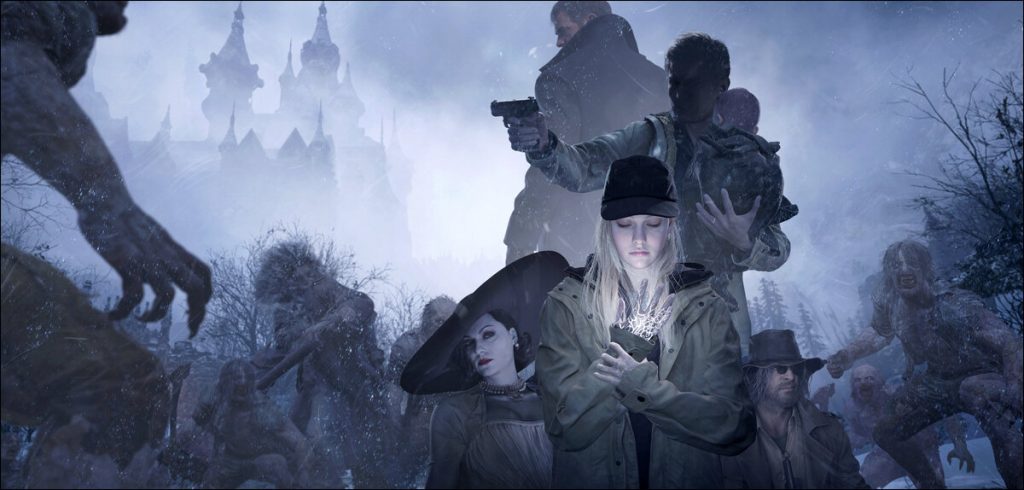Read on to walk with Dinesh Elumalai down memory lane to sift through the Resident Evil games and their myriad manifestations…
The Resident Evil timeline has only gotten hazier over time. The 1996 original launched a whole subgenre and established the standards for survival horror in video games as we know them today. There are over 20 mainline, spin-off, and remake titles to pick from if you are considering dipping a toe into this storied series’ zombie-infested waters. Interested in where to begin after seeing some beautiful Resident Evil 4 remake footage? Our team has your back.
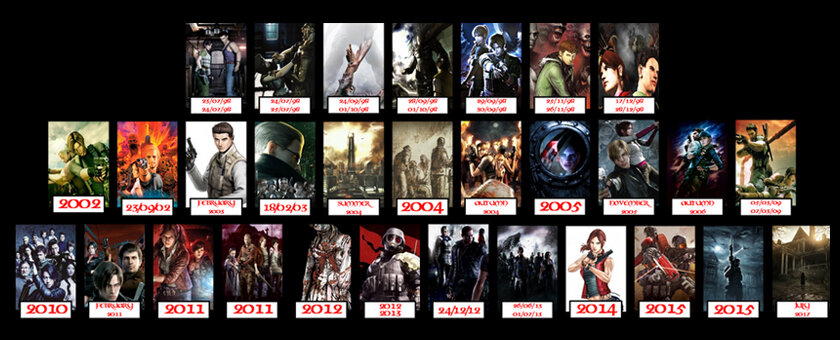
Given the amount of content it contains, it can be an exciting franchise to explore, but for the same reason, it can also be a daunting series to approach. You may play through all the main Resident Evil games on this list, organized by release date. Basic spoilers are inevitable, but we have tried to keep them to a minimum so as not to ruin the games for you.
Resident Evil 0 (2002)

The first game in the series chronologically, Resident Evil 0 is the fifth to be released. In the Arklay Mountains, which are the location of the Spencer Mansion, Special Tactics and Rescue Service (S.T.A.R.S.) medic Rebecca Chambers and former marine Billy Coen find a train loaded with zombies. This story takes place just before the events of Resident Evil. Albert Wesker and William Birkin, the villains of the story, are the subject of essential information that Billy and Rebecca find. We also discover more about the dark history of the deadly T-Virus and the evil Umbrella Corporation. As the game ends, Rebecca is on her way to the mansion, where she will play a supporting role in RE 1.
Resident Evil (1996)
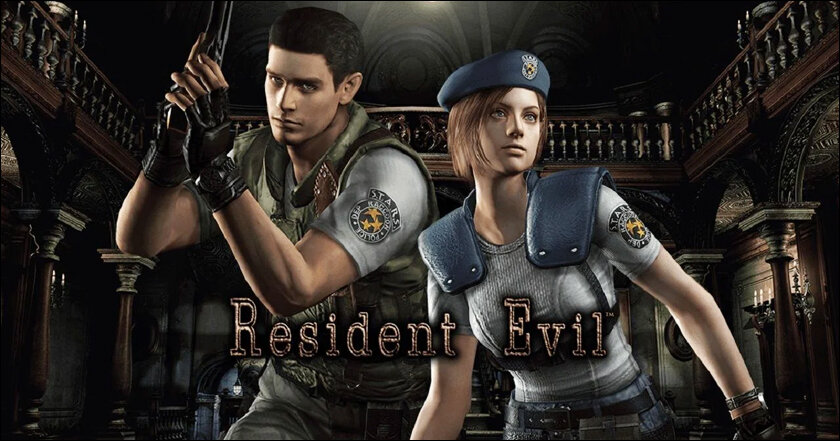
The 1996 debut of Resident Evil, one of the most recognizable games in the horror genre, may not hold up as well as later installments, but even playing it now will show you why we all fell in love with it. Most of the game takes place in a mansion in Raccoon City, which makes it the ideal location for some tense gameplay and spine-tingling jump scares.
Resident Evil 2 (1998)
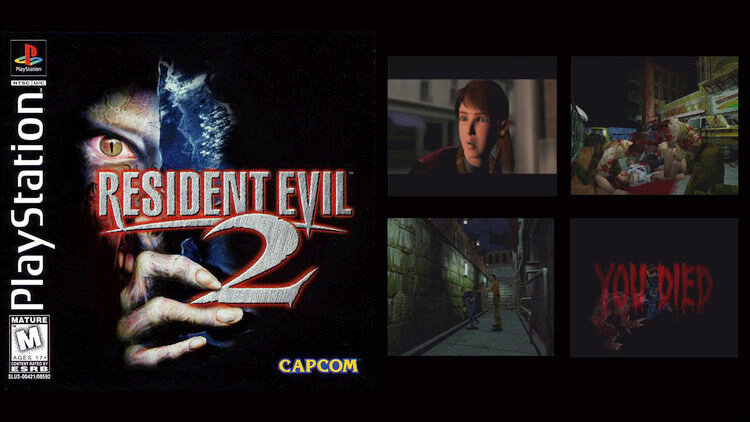
In the second installment of the series, Raccoon City has been destroyed, and the goal is to escape unharmed while simultaneously discovering what caused the crisis and who is contributing to its cover-up. At the time it was released, Resident Evil 2 was a game that stood out, and it is even more so now that the stunning remake is playable (more on that later).
Resident Evil 3: Nemesis (1999)
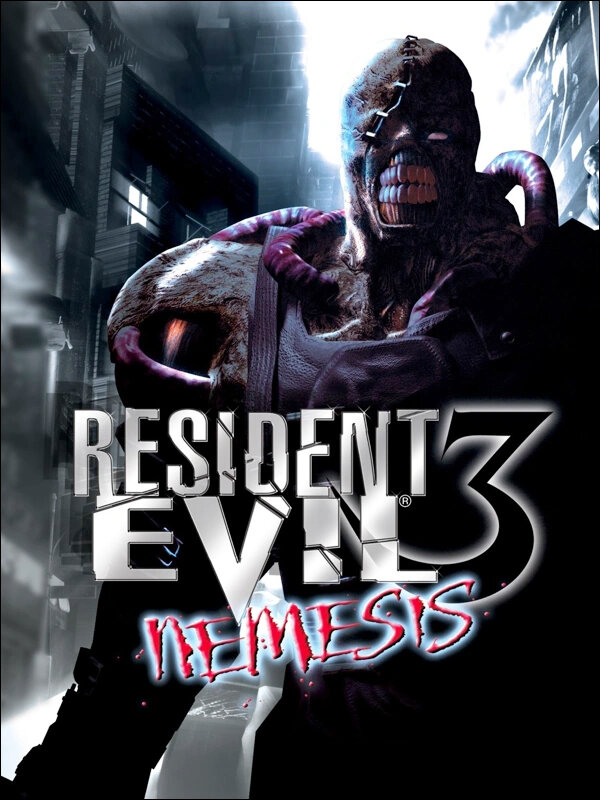
The third installment of the game, which has also been completely rebuilt to appear right at home on your current-gen consoles, finds former elite agent Jill Valentine escaping from a metropolis that has been infected by a virus. This game’s action is slightly ramped up, but it is still exciting and thrilling the entire time as you try to dodge the terrible Nemesis.
Resident Evil Survivor (2000)

The first significant horror franchise spin-off is the first-person light gun shooter game called Resident Evil Survivor. The mystery tale, in which you play as an amnesiac trying to figure out who they are and how they got into the situation they are in, has a lot going for it, but the game is not exactly a hit, with many criticizing it for being a money-grabbing rip-off of the Resident Evil name.
Resident Evil Code Veronica (2000)

They have their hands full as Claire and Chris Redfield must escape a viral epidemic at an isolated prison island in the Southern Ocean and a research station in Antarctica. Fans of the franchise adored this game, which was split between the two leads at the time. In addition, many of the gameplay and narrative components are still enjoyable today.
Resident Evil 4 (2005)
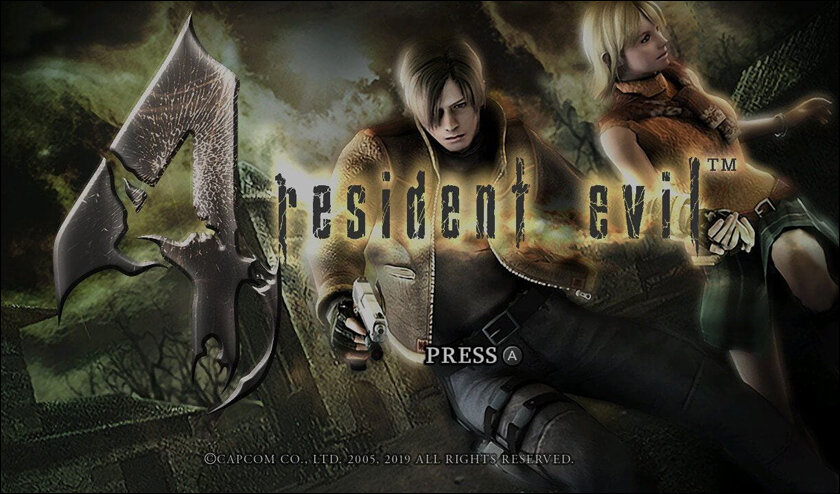
Six years after Leon Kennedy’s stint in Racoon City during RE 2, players step back into his footsteps in Resident Evil 4, the most adored installment of the series. To save the daughter of the American president, Leon sets off for a little Spanish community.
There, Leon meets a cult and investigates its connections to a parasite that has influence over the mind. Albery Wesker and Ada Wong, two former Resident Evil characters, have their stories intertwined in the plot that develops. In March 2023, a Resident Evil 4 remake will be released.
Resident Evil Revelations (2012)

With this spin-off, which aimed to reintroduce the fear factor to the series after the shift to a more action-oriented gaming style, atmosphere and chills are the order of the day. Most of the time, it appeared to work because many people praised how tense the situation was. The Resident Evil 4 events take place shortly after the events in the handheld Nintendo 3DS game.
Resident Evil 5 (2009)
Five years have passed since the events of Resident Evil 4. To stop the sale of a bioweapon on the black market, Chris Redfield, a member of the BSAA, travels to Africa alongside Sheva Alomar. The parasite that controls people’s minds as depicted in RE 4 has, however, already infected the residents of Kijuju.
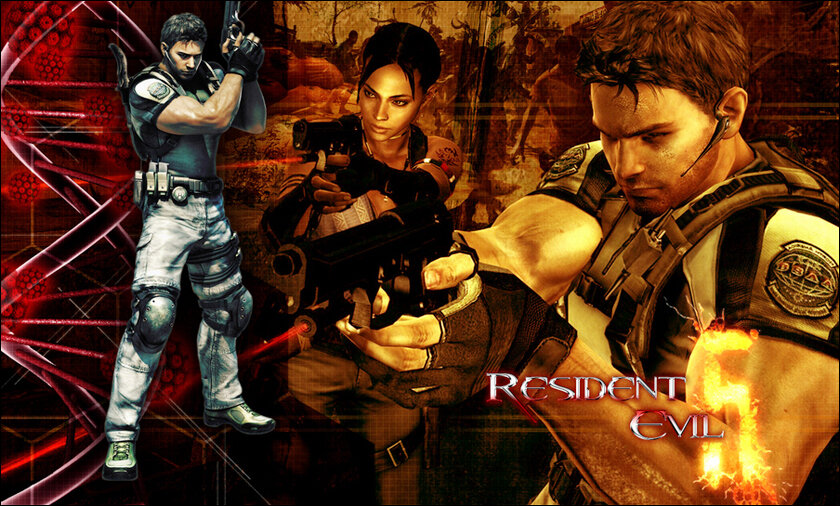
It has a bigger scope than earlier Resident Evil games, even though Chris also sets out on a more intimate quest to track down his long-lost partner, Jill Valentine. We also learn about Albert Wesker’s most recent evil scheme. In contrast to earlier games in the series, RE 5 supports cooperative play; the second player takes control of Sheva.
Resident Evil Revelations 2 (2015)

In addition to Barry Burton being a playable plot character for the first time in the spin-off game, Claire Redfield, the game’s protagonist, is returning. Things only become worse for Claire and the others as they are all kidnapped during a party and taken to a barren island in the Baltic Sea. Undoubtedly, the game is a mixed bag, but it still has enough enjoyable moments to warrant playing.
Resident Evil 6 (2012)
Resident Evil 6 is an action-packed adventure that offers a story that is larger (and more complicated) than RE 5. It interweaves four campaigns starring Jake Muller, Chris Redfield, Ada Wong, and Leon Kennedy, among others.

The BSAA, which was first mentioned in Revelations, plays a significant part in Book 6, as the four heroes battle Neo-Umbrella, a bioterrorist organization, and stop the C-Virus, a new mutant-creating virus, from spreading.
Resident Evil 7: Biohazard (2017)
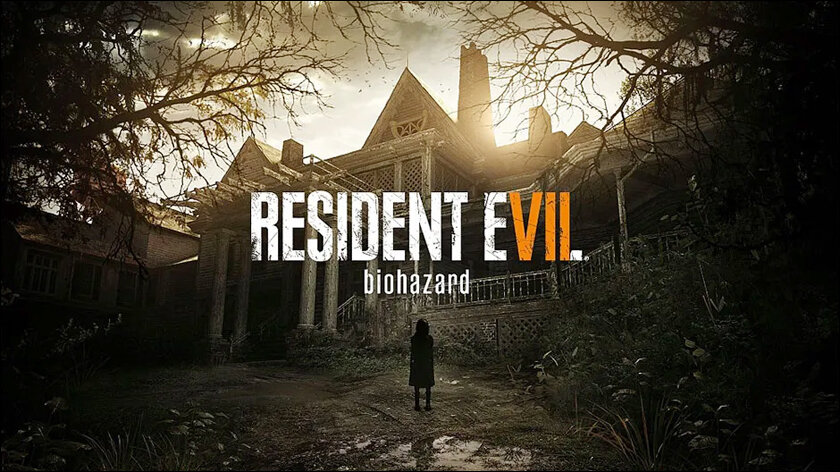
The seventh game in the main game series introduces Ethan Winters, who is anxiously looking for his missing wife at a deserted property. Unfortunately for Ethan, a family stricken with the disease already resides there and is not eager to accept him. Here, the brand abandoned most of the action that had dominated in recent years and switched to first-person shooter gameplay. It also returned to its survival horror roots.
Resident Evil Village (2021)
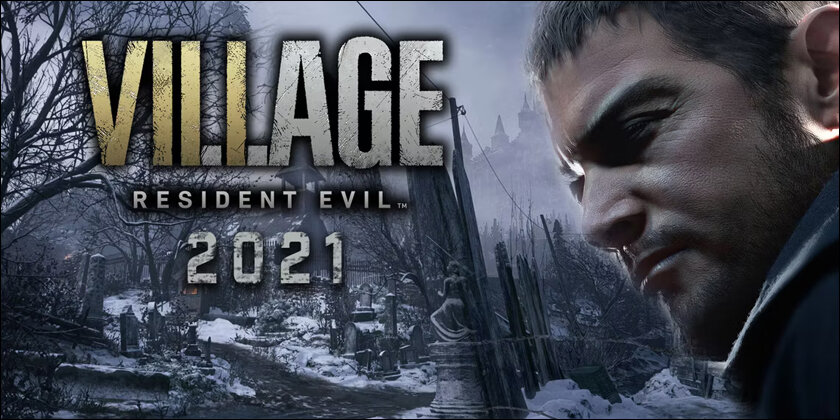
Three years after the events of Resident Evil 7, Ethan Winters’ journey continues in Resident Evil Village, which also serves as its conclusion. As a pair of games, Biohazard and Village may stand on their own. Village, though, has a few more connections to the past of the series, including a more significant role for the aforementioned “familiar face” and additional details regarding the history of Umbrella.
It might be a little confusing to the uninitiated because there have been so many fresh releases over the years (some of them remakes, some of them brand-new installments). With pre-rendered backgrounds, blocky 3D settings, and terrible voice acting that had to be heard to be believed, Resident Evil launched the brand in 1996. The latest sequel, Village, came out in 2021, and many more followed.
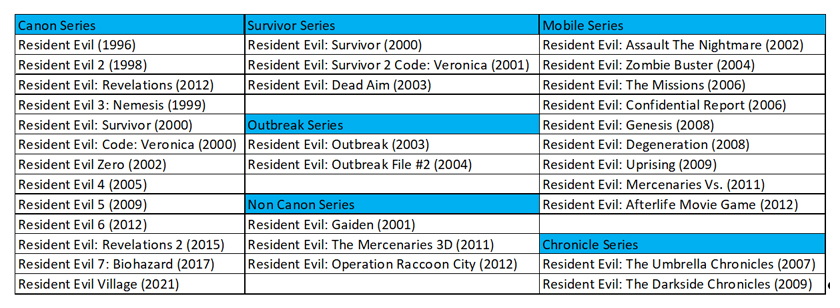
As a bonus to this article please find the above table with the Complete List of Resident Evil Games in the division of Series for your reference.



